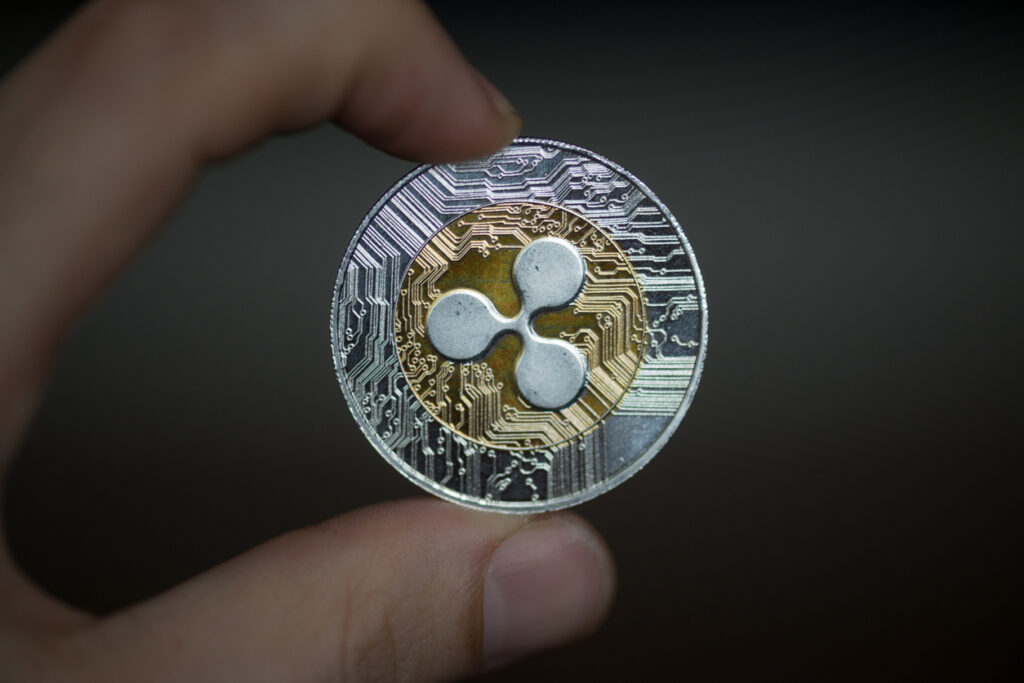XRP is a cryptocurrency that has gained popularity due to its use case in facilitating cross-border payments through the Ripple payment network. If you own XRP, it’s important to store it safely in a secure wallet to protect your investment. In this beginner’s guide, we’ll go over the different types of XRP wallets available and how to choose the right one for your needs.
Types of XRP Wallets
There are several types of wallets available for storing XRP, each with its own advantages and disadvantages. The main types of XRP wallets are:
Hardware Wallets: Hardware wallets are physical devices that store your XRP offline, providing the highest level of security. They are typically small devices that you connect to your computer or smartphone via USB. Examples of hardware wallets that support XRP include Ledger Nano S, Ledger Nano X, and Trezor.
Software Wallets: Software wallets are applications that you install on your computer or smartphone to store your XRP. They can be further divided into desktop, mobile, and web wallets.
Desktop Wallets: Desktop wallets are software applications that you install on your computer to store your XRP. Examples of desktop wallets that support XRP include Exodus and Atomic Wallet.
Mobile Wallets: Mobile wallets are apps that you download onto your smartphone to store your XRP. Examples of mobile wallets that support XRP include Edge and Toast Wallet.
Web Wallets: Web wallets are online wallets that you can access through a web browser. They are the least secure type of XRP wallet as your private keys are stored on a server controlled by a third party. Examples of web wallets that support XRP include Bithomp and Gatehub.
Paper Wallets: Paper wallets are a form of cold storage where you print out your XRP public and private keys and store them offline. Paper wallets are a low-cost and secure option for storing XRP, but they require a certain level of technical knowledge to set up.
Choosing the Right XRP Wallet
When choosing an XRP wallet, it’s important to consider the level of security and convenience you require. Hardware wallets provide the highest level of security but can be more expensive and less convenient to use than software wallets. Software wallets are more convenient but can be less secure than hardware wallets, especially if you store your XRP on a mobile or web wallet.
It’s also important to consider the features and functionality of the wallet. Some wallets may offer additional features such as support for other cryptocurrencies or the ability to exchange XRP for other assets. You’ll want to choose a wallet that meets your needs both in terms of security and functionality.
Tips for Storing Your XRP Safely
Regardless of the type of wallet you choose, there are some best practices to follow to keep your XRP safe:
Keep your private keys secure: Your private keys are what allow you to access and spend your XRP, so it’s important to keep them secure. If you use a software wallet, make sure to use strong passwords and enable two-factor authentication (2FA) for an extra layer of security.
Use a hardware wallet for long-term storage: If you plan to hold your XRP for a long time, consider using a hardware wallet for the highest level of security.
Back up your wallet: Make sure to back up your wallet regularly, especially if you use a software wallet. This will allow you to restore your wallet in case your device is lost, stolen, or damaged.
Keep your wallet software up to date: Make sure to keep your wallet software up to date with the latest security patches and updates.
In conclusion, choosing the right XRP wallet is an important step in protecting your investment. Consider the level of security and convenience you require, as well as your intended usage of XRP, before making a decision on which wallet to use. Hardware wallets provide the highest level of security but may be less convenient for frequent transactions, while software wallets offer more convenience but may be less secure.
It’s also important to remember to always keep your private key or seed phrase safe and secure, and to never share it with anyone. By following these guidelines, you can ensure that your XRP is stored safely and protected from unauthorized access or theft.






